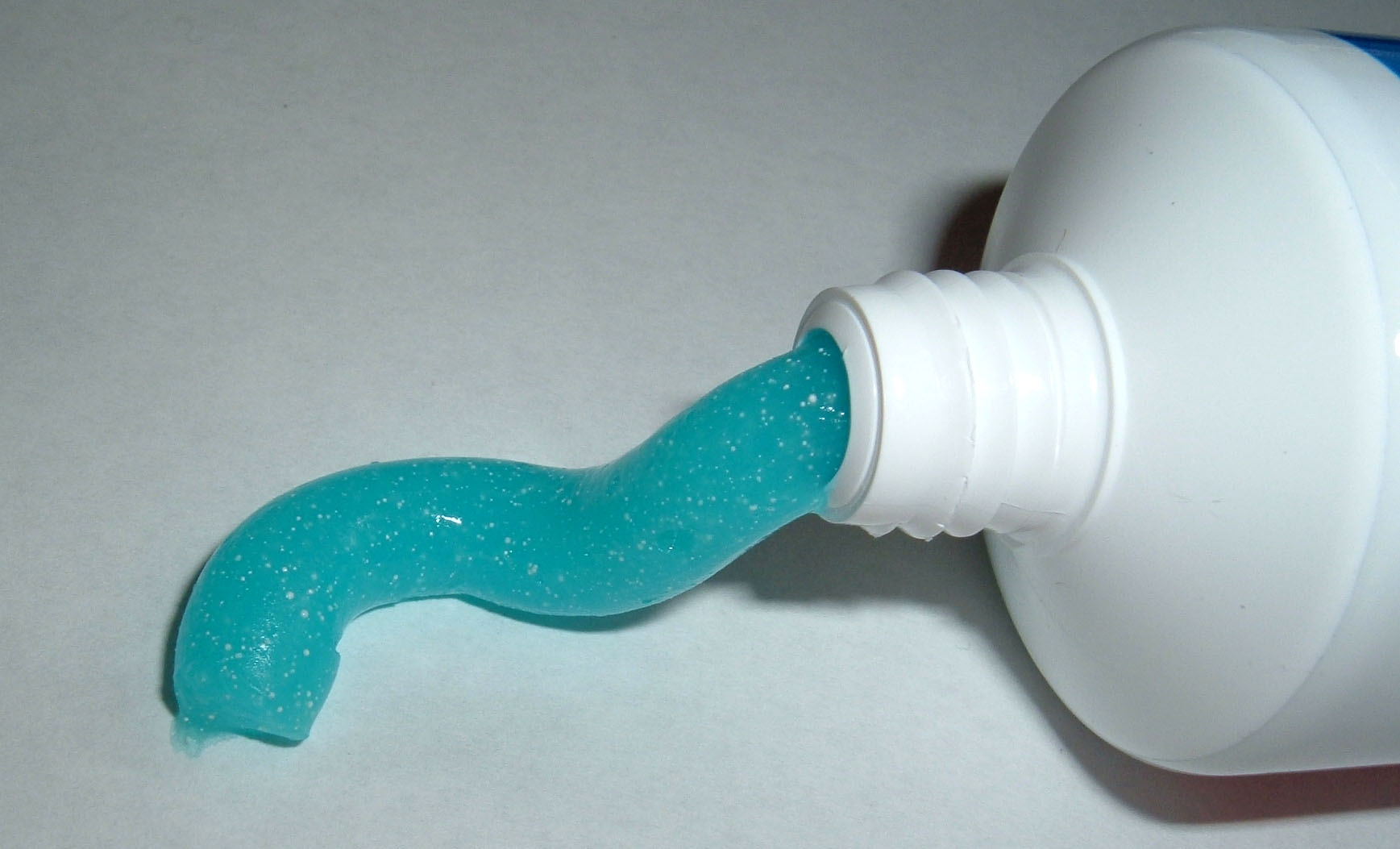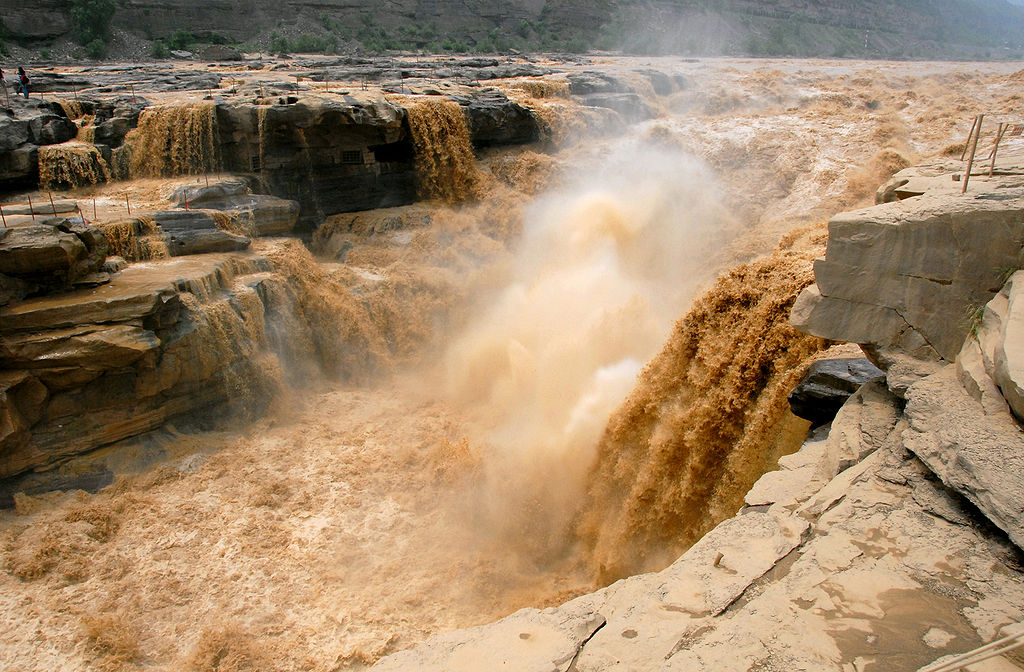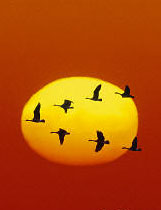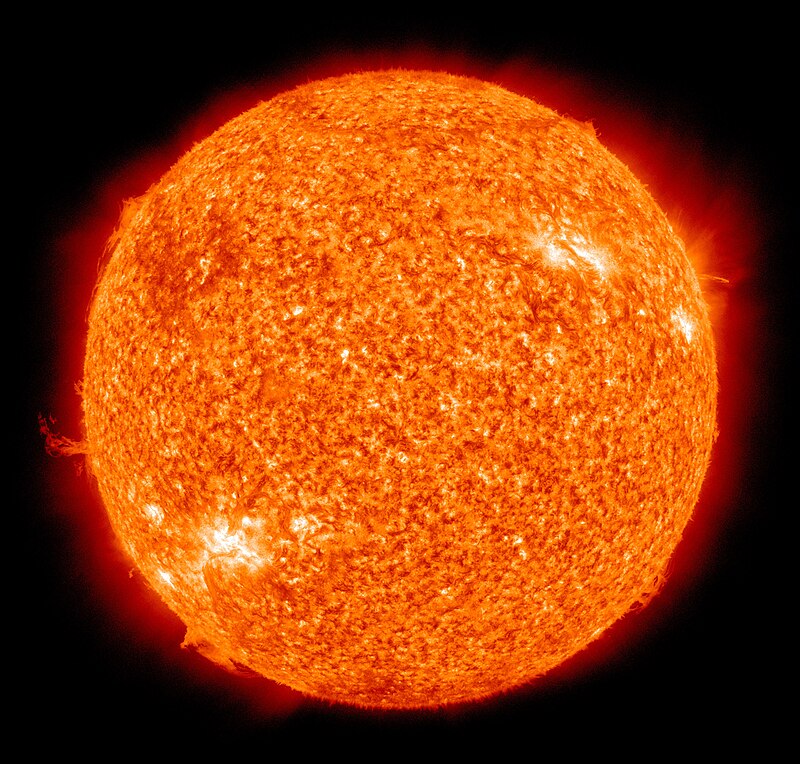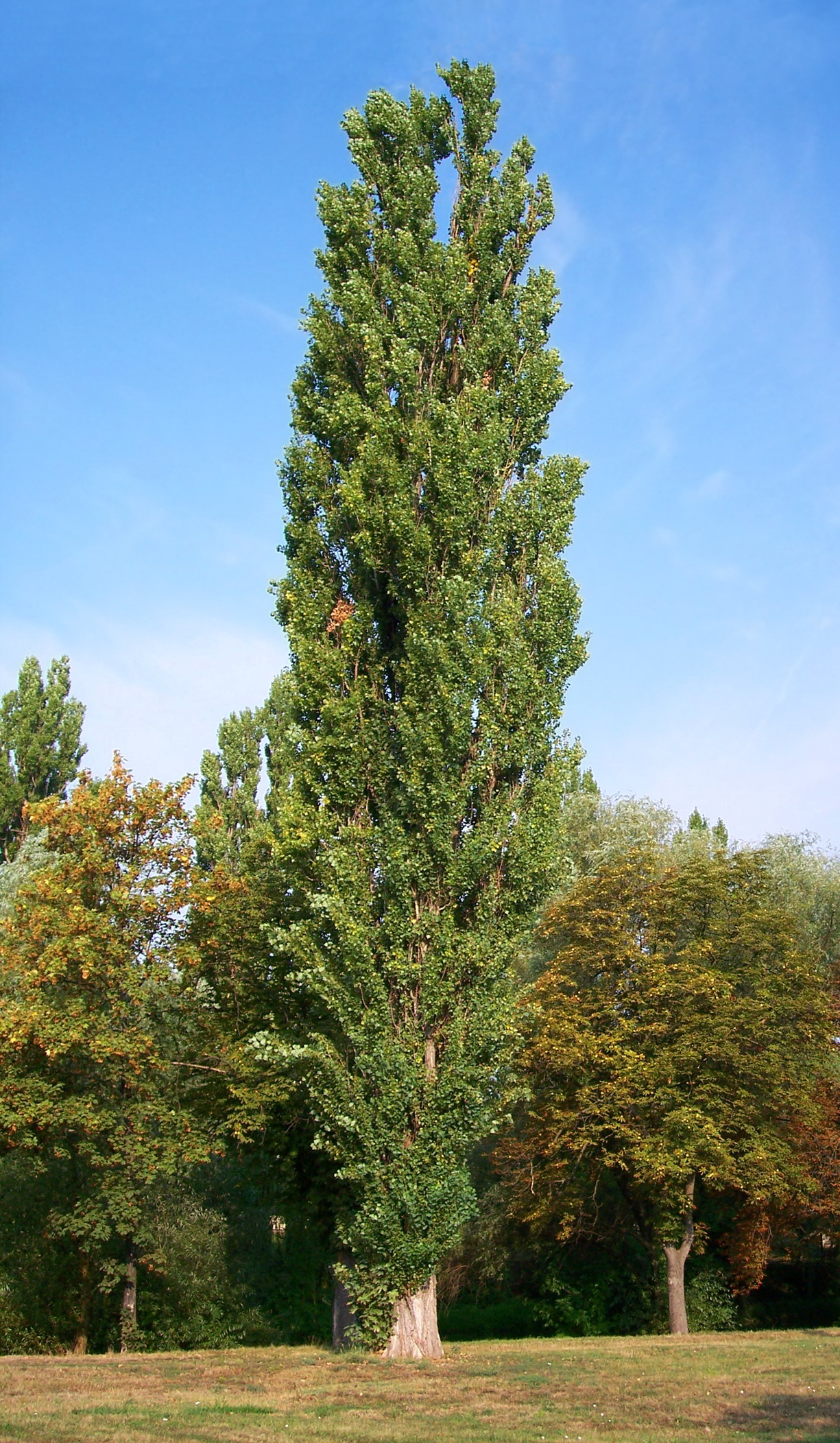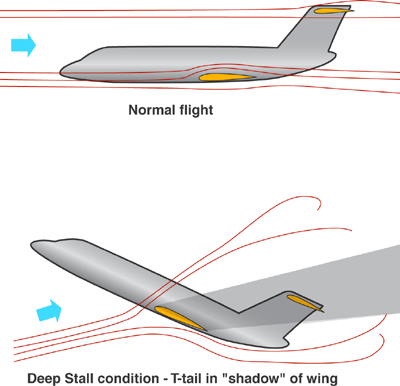CorporateNature Metaphor Series, No 105
I recently attended a new book presentation on the management principles behind Kim Kardashian's success. I wasn't quite convinced in the validity of all those principles but I came up with an apt metaphor for Kim Kardashian instead: "superficial as an oil slick".
An oil slick resonates with many modern social media stars and gurus in more than one way:
a) it is thin in substance and floats on the surface;
b) it is mesmerisingly colourful;
c) it keeps changing colours, so it can keep you entertained.
Next time if I have a choice, instead of watching slides about Kim Kardashian, I'll just go outside and watch an oil slick in a puddle. I guess I'll learn a lot from the puddle.
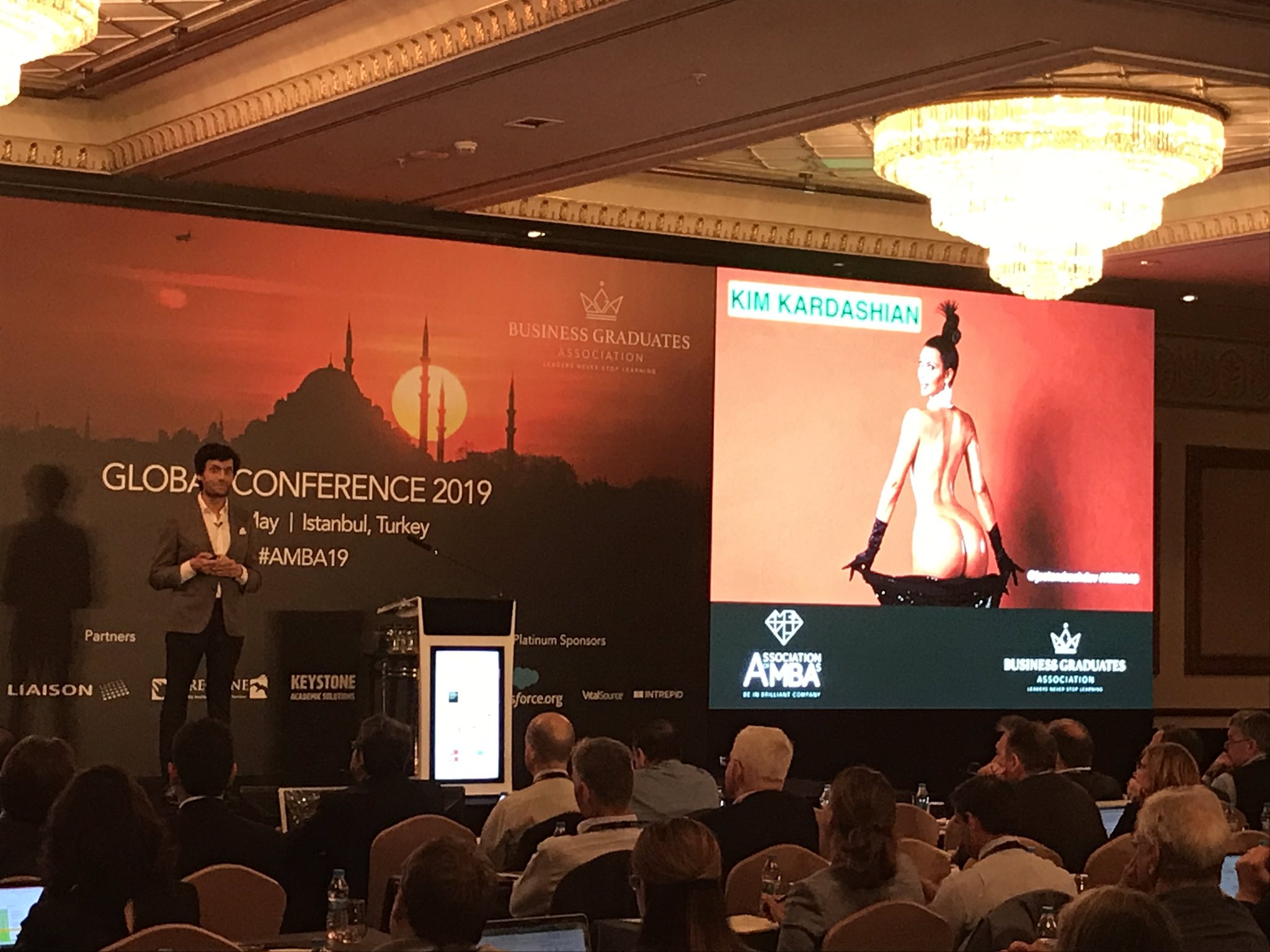 |
| Presentation of The Kim Kardashian Principle (Istanbul, May 2019) |

